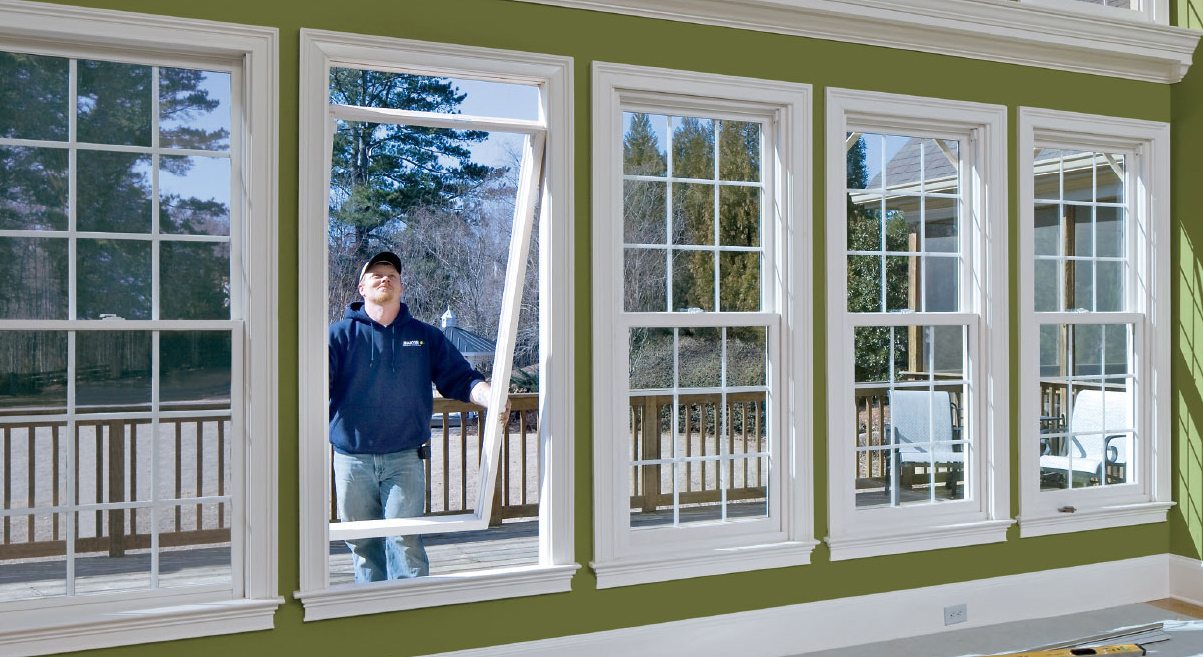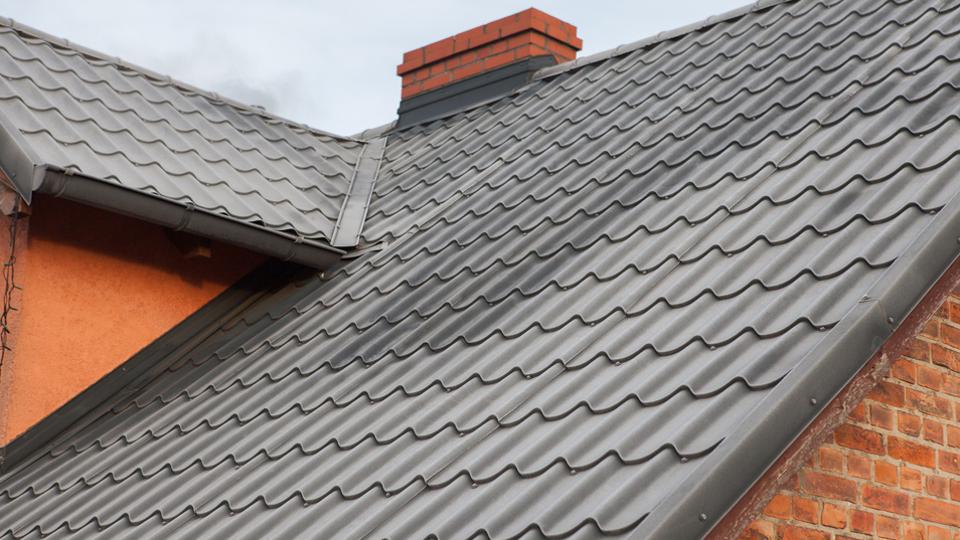No matter how much you spent on installing your existing windows, you would eventually need window replacement after some periods. Although window replacement will cost you a fortune, it can improve the look and value of your building. Besides, it can go a long way in boosting the energy efficiency and security of your home.
Nevertheless, as you are thinking about window replacement, you should learn how often you need to replace your windows. This article provides an answer below.
What is the average life expectancy of a window?
Like most other items inside your home, a window is not expected to last forever. Therefore, every window has an average life expectancy. Notably, the material of the window is the basic factor that determines its average life expectancy.
· Wood windows
Windows made with timber and other types of wood are expected to last for about 50 years or more. However, repainting, sanding, and other forms of maintenance will be required to ensure that they last for decades.
· Aluminum windows
Aluminum windows are also durable and can last for about 25 years or more.
· uPVC windows
When compared to wood and aluminum windows, uPVC windows have the shortest life expectancy. They are expected to last for around 20 years.
Nonetheless, you may need window replacement before the projected lifespan of your old windows. This is because some factors can make your windows susceptible to damage. Hence, they may necessitate the replacement of your windows before the life expectancy.
The factors include:
- The quality of window installation
- The location of your property – If it is located in an area with severe weather conditions, the average life expectancy of your property may be shortened.
- The quality of window material
How to know it is time to replace your windows
Irrespective of the life expectancy of your windows, some signs may tell that you need window replacement. A few of these signs are:
· Difficulty with operating the windows
Are you struggling with opening, closing, or unlocking your windows? Then, your windows are faulty already and must be replaced as soon as possible. If you don’t replace them, the safety of your home may be jeopardized.
· Internal condensation
Normally, condensation can build around the exterior of your windows without causing any issue. But if the condensation finds its way into the panes of the windows, your windows might be failing. Over time, condensation will cause dampness that will allow mold and mildew to build around your home. So, to prevent this issue, replace your old windows with newer and more efficient options.
· Cold spots and draughts on your window
If you can see cold spots and draughts around your windows, the seals and other components may be having problems. Consequently, the property may experience significant heat loss. In this case, you need to spend on window replacement.
Other signs that can help you to know that you need window replacement include an outdated look, increase in energy bills, lack of soundproofing, and fading of furniture and wall coverings.



